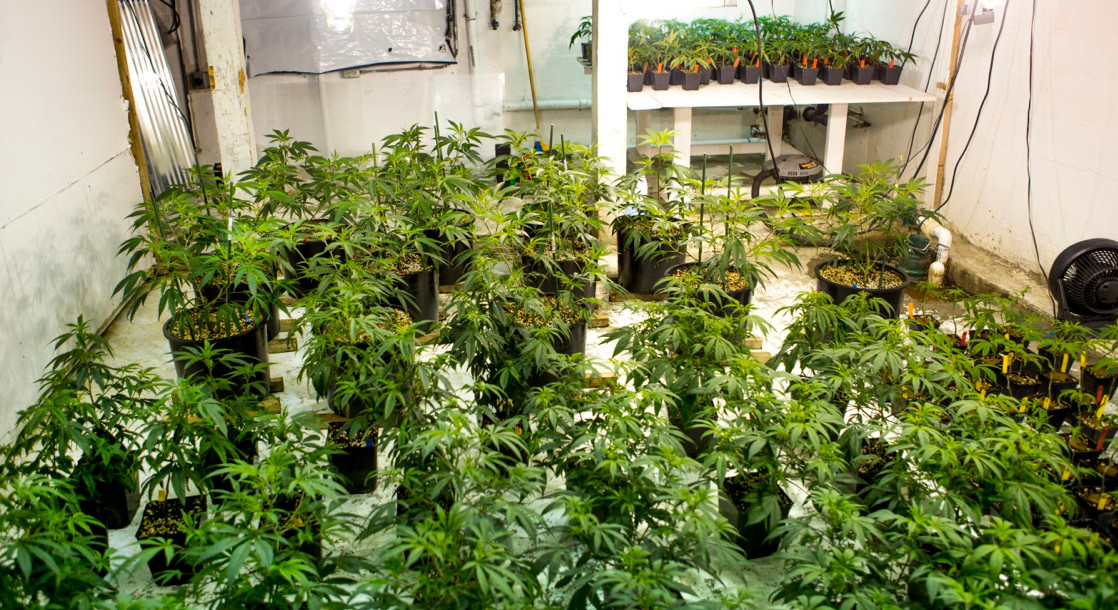A Canadian landlord's homeowners insurance was cancelled after the insurance company discovered one of his tenants was legally growing marijuana on his property. The trouble started when Darryl Spencer, landlord of a rental property in Kamloops, British Columbia, got a call from a neighbor informing him that his tenant was growing weed on the property.
However, the grow was perfectly legal, as the tenant had a medical marijuana license permitting them to grow up to 60 cannabis plants. But Spencer, a retired fire inspector, was "worried about the fire hazard. That was my first thought because of the extension cords, the use of electricity and that something could catch fire."
When his insurance company, Gore Mutual Insurance, learned of the marijuana grow-op, they cancelled his insurance. After other companies refused to insure him, Spencer ended up having to pay his tenant to move out so that the insurance could be reinstated.
Gore Mutual stated that it "does not provide coverage for marijuana grow-operations regardless of their legality because this type of operation in a residential building presents inherent insurance risks." These risks, according to the company, include "a greater likelihood of water damage, mold, fire, vandalism and burglary."
Spencer's case has thrown light on a legal grey area in Canada's medical marijuana laws. Health Canada spokesman André Gagnon explained that the country's "new regulations do not require individuals who wish to produce a limited amount in their residence to notify or seek the consent of their landlords as such requirements would likely infringe on their right to reasonable access to cannabis for medical purposes."
David Hutniak, CEO of advocacy group Landlord B.C. said that Health Canada "basically made the decisions, from our perspective, in a vacuum." Hutniak believes that the Canadian government has failed to provide clear direction for landlords and insurance companies on how to address medical marijuana home-grows.











